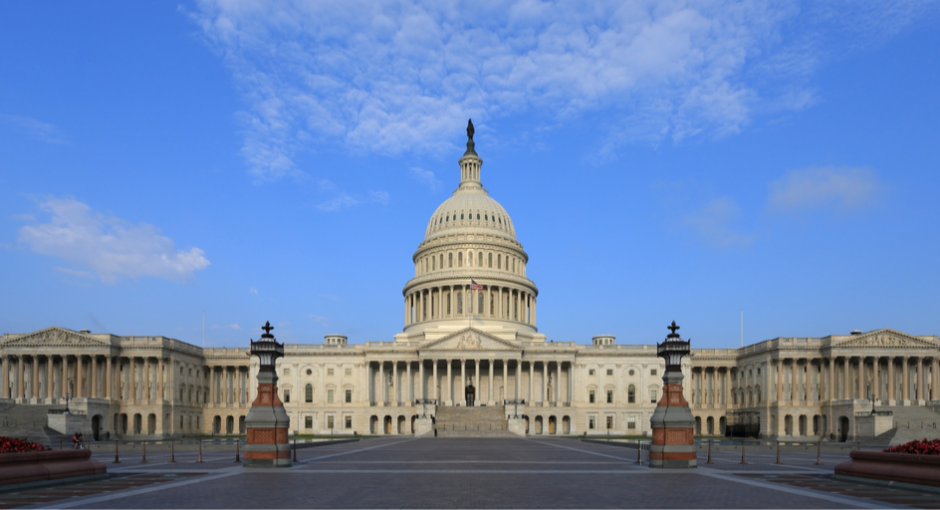340B covered entities dodged a bullet Sunday when U.S. Senate negotiators released the text of a $550 billion bipartisan infrastructure-spending bill. It did not contain Medicaid managed care “spread pricing” language that entities have been fending off since 2019. Entities say the language will devastate them financially if it ever becomes law.
The spread pricing language’s exclusion from the infrastructure bill doesn’t end entities’ worries, however. It could turn up again in a separate Democratic-led budget reconciliation bill that is expected to address the high cost of prescription drugs and other “human” infrastructure matters.
The spread pricing language first appeared during the last session of Congress, in House Democrats’ drug pricing bill, H.R. 3, and in the text of Sens. Chuck Grassley (R-Iowa) and Ron Wyden’s (D-Ore.) draft drug pricing bill. It is included in this congressional session’s version of H.R. 3.
The language would require Medicaid managed care organizations (MCOs) and their pharmacy benefit managers (PBMs) to limit reimbursement for Medicaid covered outpatient drugs to ingredient cost plus a dispensing fee. There would be no exclusion for covered entities’ 340B-purchased drugs.
State Medicaid agencies already reimburse 340B drugs at acquisition cost in Medicaid fee for service. Extension of acquisition cost billing for 340B drugs to Medicaid managed care would be a financial blow to entities, especially those that serve high volumes of Medicaid beneficiaries. About 70 percent of Medicaid utilization today is through managed care.
Some Rx Provisions Included in Infrastructure Deal
The Senate infrastructure bill includes two other sections related to drug pricing. One would require drug manufacturers to refund Medicare for the discarded portion of Part B drugs that are packaged for single use. The other would push back, to Jan. 1, 2026, the effective date of the Trump administration’s final regulation aimed at eliminating the rebates drug companies pay to PBMs in Medicare Part D and Medicaid managed care for more favorable placement on drug formularies.
There could be a push to give Medicare authority to negotiate drug prices in an anticipated budget reconciliation bill that Democrats are writing, and plan try to pass without Republican support. Democrats are still haggling over the bill.
Senate Democrats hope to pass the infrastructure bill this week before taking a five-week district work holiday.


